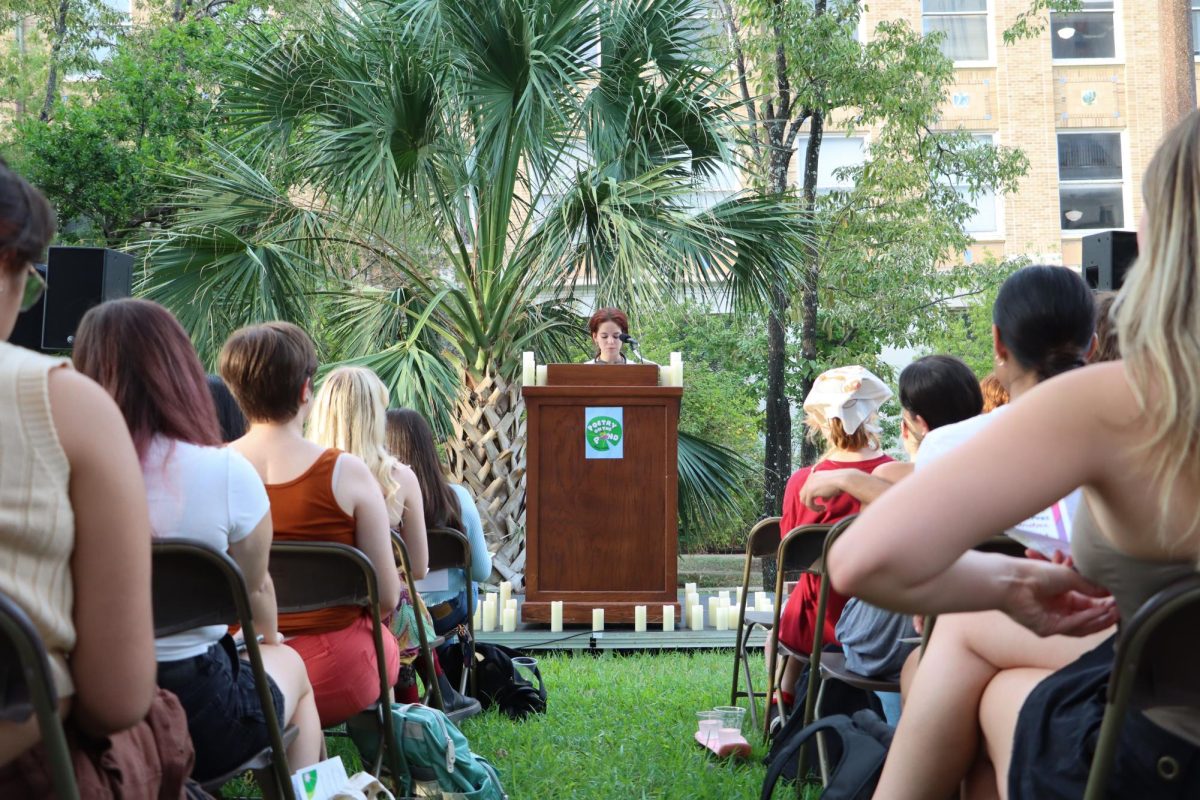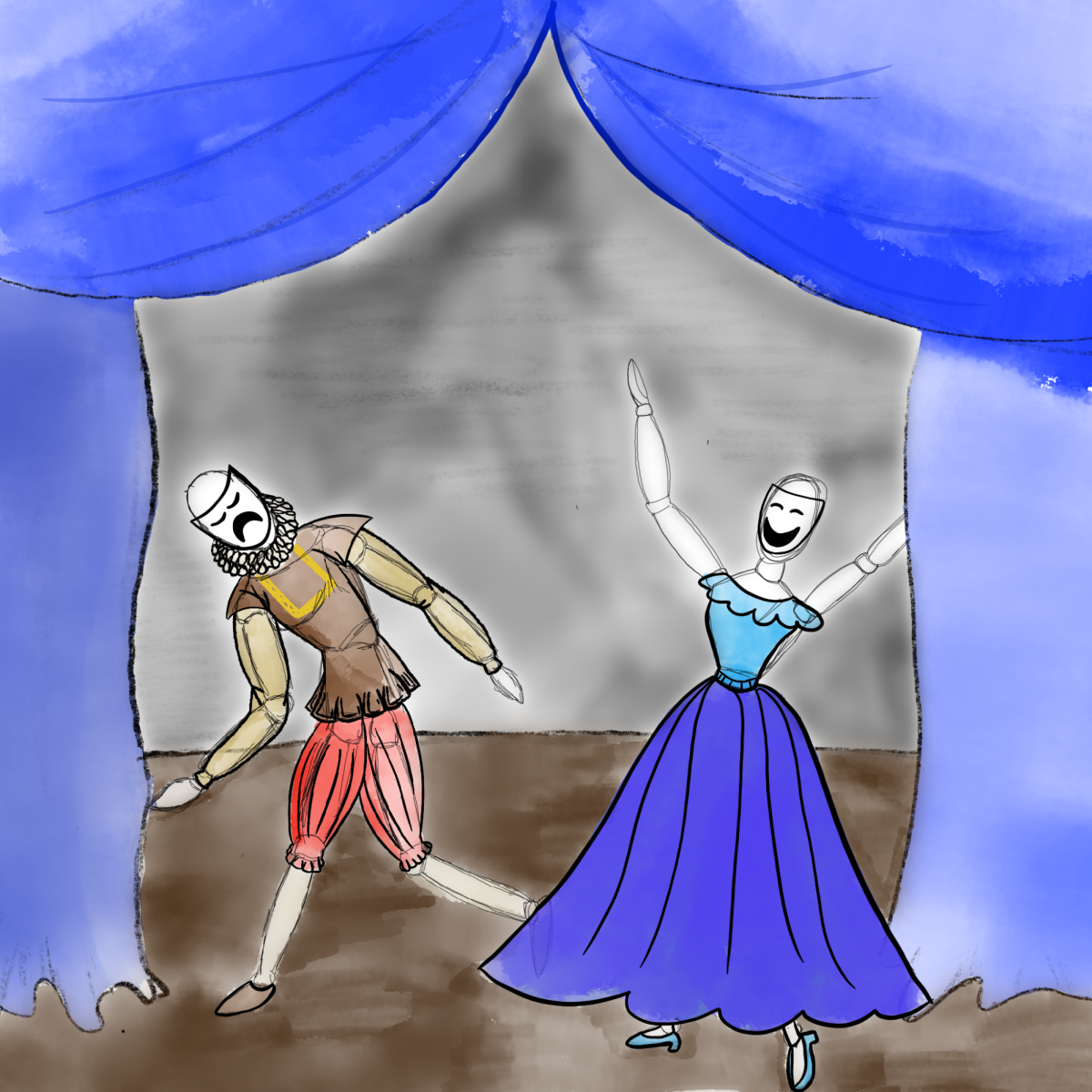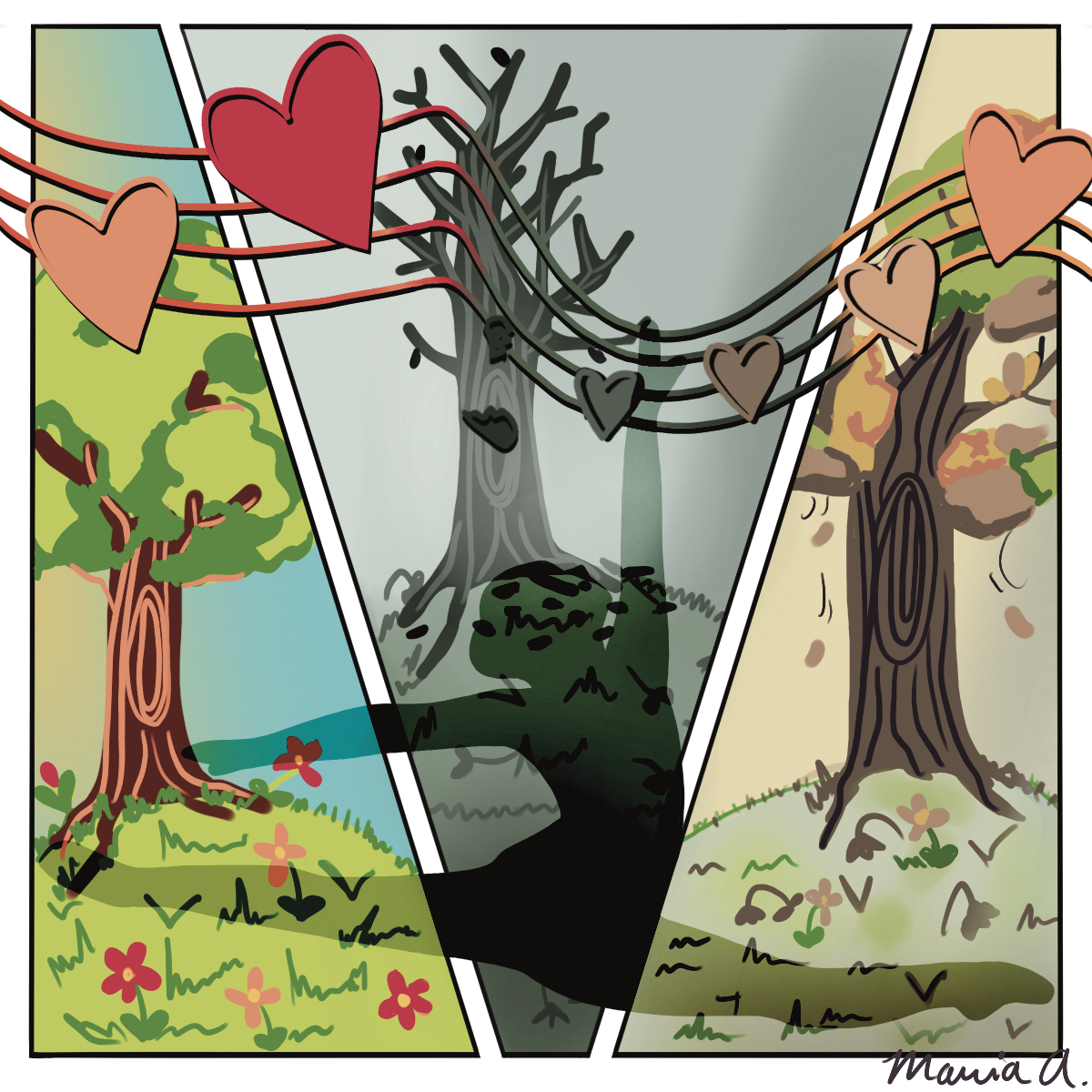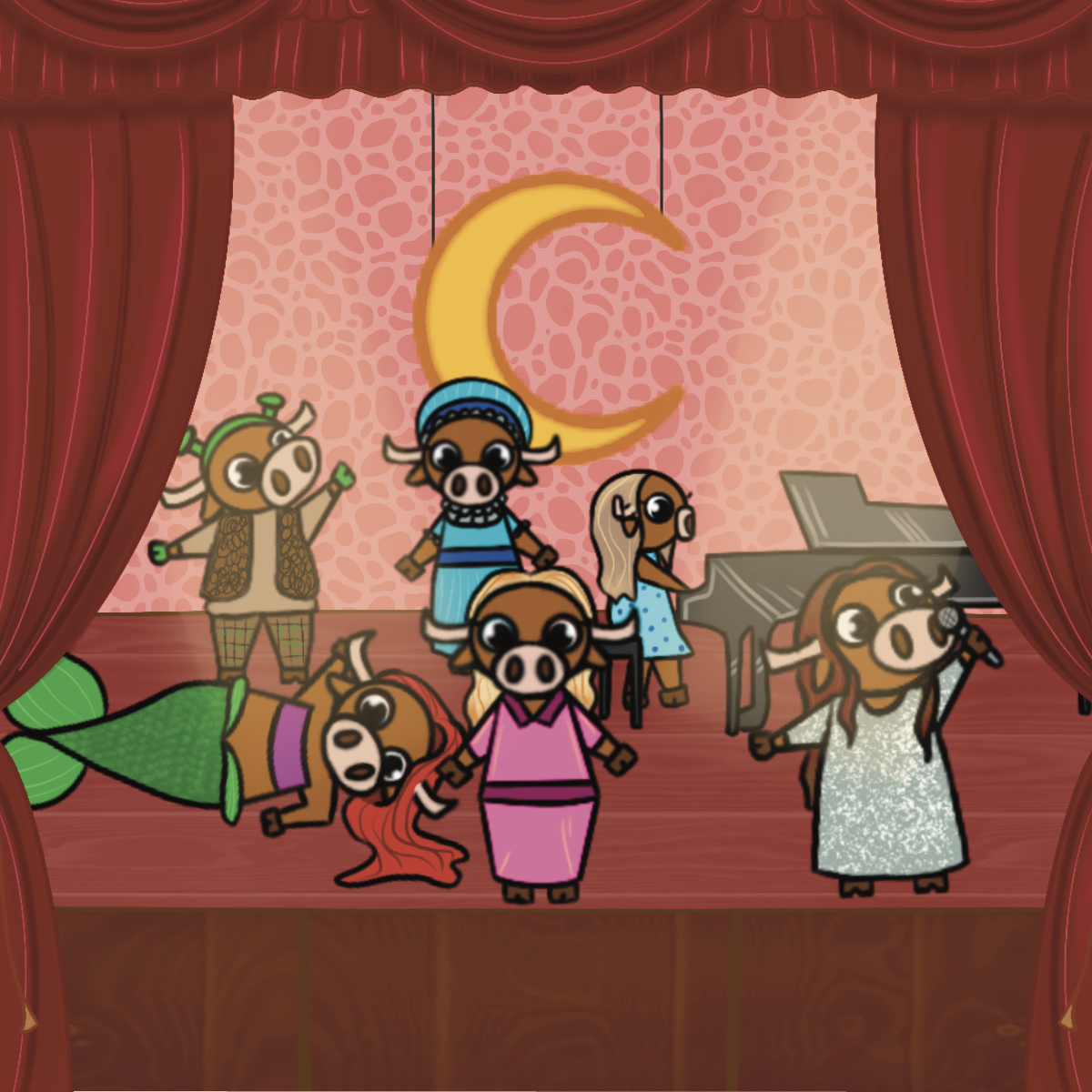As the sun sets by the turtle pond, poem recitations echo through the lawn. Hosted by Humanitas, a student well-being collective under the College of Liberal Arts, Poetry on the Pond takes place twice a year and provides students with the opportunity to recite and enjoy poetry.
During the pandemic, Mia Carter, associate dean for student affairs at COLA, said she created Humanitas as a way to take a holistic approach to serving students. Poetry on the Pond became the first event hosted by the collective. Carter said the event originally focused on fostering a sense of belonging and community to help students feel more safe and comfortable being back on campus.
The event continues to act as a welcoming space for students and attracts full-lawn audiences. Maggie Wilhite, the student wellness coordinator for the collective, said she thinks the romance of Poetry on the Pond contributes to the large turnout.
“It allows students to be still. To just stop,” Wilhite said. “It gave them permission to experience well-being in a way that they don’t get to every day.”
Nashitha Azeez, a psychology and human development and family sciences sophomore, performed at Poetry on the Pond for the first time Wednesday. Despite her initial nervousness, she performed two pieces of poetry, including an original work titled “Newspaper Cones.” Azeez said she considers poetry to be open and creative and encourages students to perform.
“It’s about expressing your thoughts in a way that feels right to you, and there’s no right or wrong way to do that,” Azeez said. “There’s so much diversity in the poems that are performed, and everyone has something to say. You should say what you have to say.”
Nahomi Casas, a government senior who also performed, said she views writing and performing poetry as a means of self-analyzing, processing and letting go of emotions. Even when performing in front of strangers, she said she can connect with their messages because of mutual experiences. Additionally, Casas said the anonymity of performing in front of strangers helps with sharing vulnerable poetry.
“The biggest obstacle is yourself and believing in your work enough,” Casas said. “The way I think about it is that nothing is ever that permanent. Every thought is fleeting. Things that are in your head about yourself, other people don’t think about you.”
Reflecting on her experiences performing at Poetry on the Pond, Casas said she felt accomplished.
“I had done something that made me feel better about my writing and made me feel more connected to UT and the campus,” Casas said.
Like Azeez, Casas encourages other students to step out of their comfort zone and try performing poetry.
“Nothing is ever too much to share,” Casas said. “Nothing is ever too little to be spoken out loud.”














